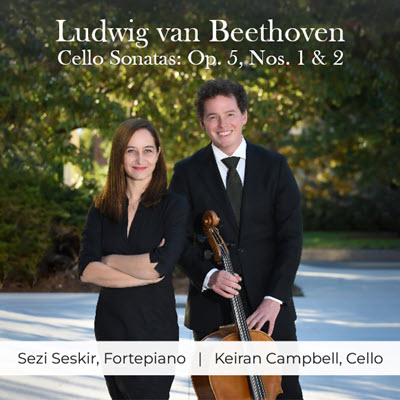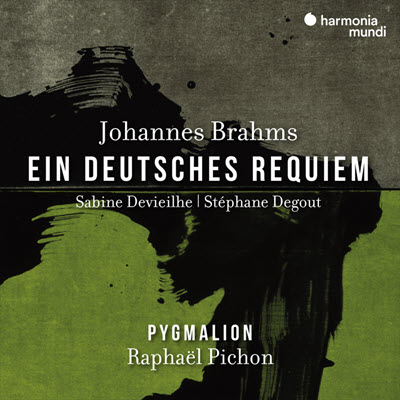by Emery Kerekes
Published October 23, 2022
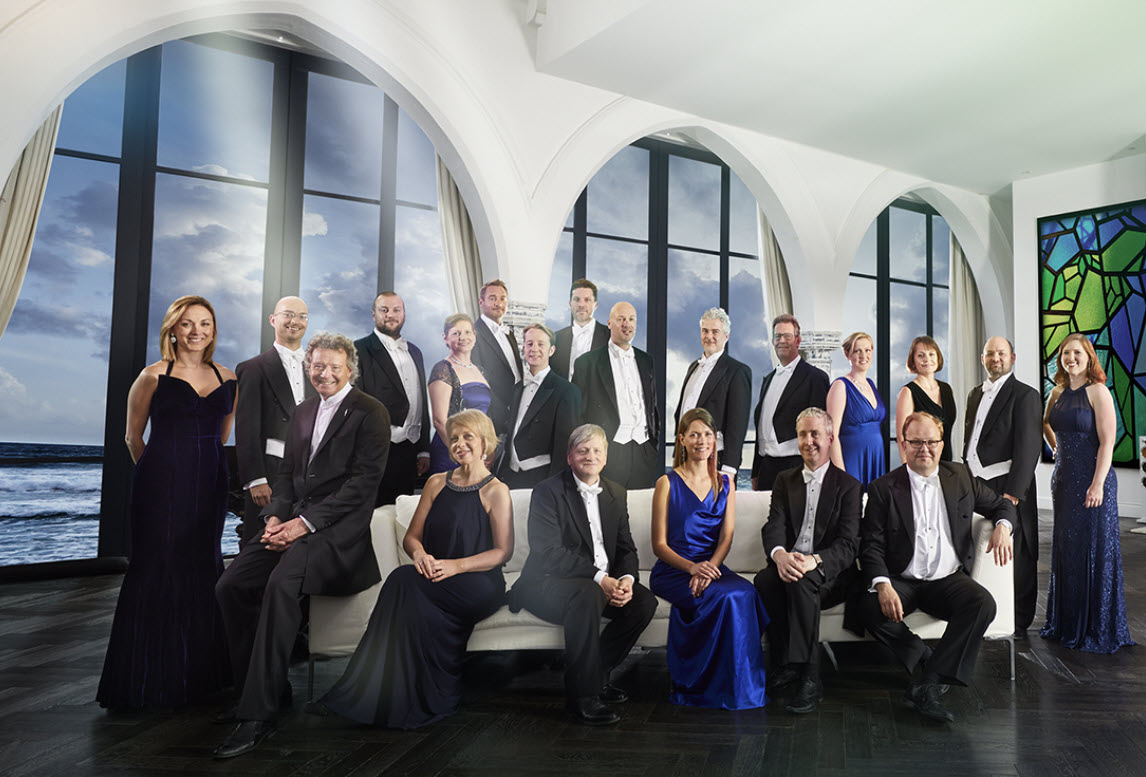
William Byrd, Psalmes, Songs & Sonnets 1611. The Sixteen, conducted by Harry Christophers, and Fretwork. Two CDs. CORO COR16193.
Few ensembles generate recordings as regularly as The Sixteen. The British ensemble, which has stood as a pillar of the UK choral scene since its first concerts in 1979, consistently releases four albums a year on their in-house label, CORO. (Until 2018, that number often totaled a staggering six or seven.)
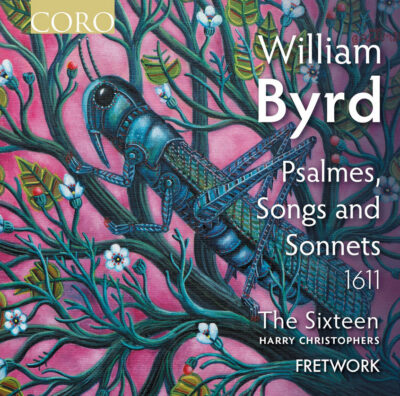
For their final record of 2022, The Sixteen and founding director Harry Christophers give William Byrd’s final self-published musical volume, the 1611 Psalmes, Songs, and Sonnets, its first cover-to-cover recording. The 32-work tome combines voicings, instrumentations, and subjects: lean, cheeky three-part settings give way to larger works of both sacred and secular polyphony, consort songs, and even a few early fantasias for 17th-century Britain’s most in-vogue instrument, the viol, played here by stalwart British consort Fretwork.
Above all, this is a recording of superb intuition. The eighteen members of The Sixteen are in their element—Byrd, after all, is a linchpin to a career in the British choral world. They don’t display that highly manicured, rehearsed-for-weeks sound that some of their competitors tout, but their bright spontaneity more than counterbalances the occasional excess wobble or mismatched blend. Christophers holds an audible trust in the ensemble: he stays out of their way, shaping the singers’ gorgeous, sweeping phrases without stifling.
Where Byrd’s earlier three-part works hinge on lower voices for a sense of harmonic completeness, his later ones lean into their lack of bass mooring, allowing sopranos and tenors to weave around each other in relative proximity. Of course, the composer’s nomenclature never quite matches up with modern vocal fachs—these tenor parts alternate between comfortable lows and stratospheric, alto-like highs. Where upward stretches abound, tenor Jeremy Budd excels, his highest runs manifesting without any hint of strain or struggle.
The Sixteen brings vivacious levity to the disc’s faster pieces, carefully (but not obsessively) dovetailing their phrases to keep new material in the forefront. For more somber moments, they smooth their sound; in the penitent psalm “Turn Our Captivity, O Lord,” perhaps the most famous of the obscure collection, the choir’s glorious, organistic cadences resonate deeply in the north-London church that served as their studio.
It does seem, however, that most of this recording’s tracks fall broadly into these two opposing modes. Inherent beauty aside, an hour and a half of the same approaches toes the line of monotony—their take on “Come, Woeful Orpheus” lacked some of the lustrous crunch that Byrd’s Gesualdo-esque “strange Cromatique Notes” imply.
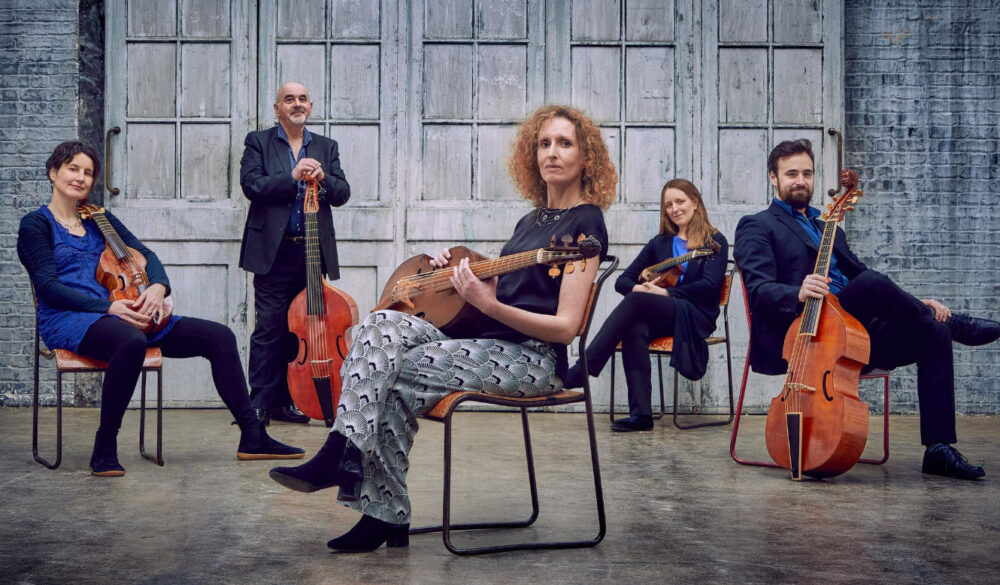
Fretwork lilts through their fantasias, their phrases just airy enough to drive forward comfortably without pressing ahead. As accompanists to soprano Katy Hill and alto Elisabeth Paul, they pay more mind to filling horizontal space with their warm, guttural sound. Byrd, in fact, permits viols to take the place of any vocal part in the volume—perhaps more of this recording should have come from the consort?
While perfectly delightful, this is not the recording that will make you see Byrd’s work in a new, revolutionary light—for that, I commend you to Stile Antico. But this is Byrd of utmost competence, infectious energy, and keen (if repetitive) musicality, a lovely alternative for your next Tudor hankering.
Emery Kerekes is a writer and arts administrator based in New York City. Winner of the 2022 Rubin Prize in Music Criticism, he is a founding editor and contributor for Which Sinfonia. His writings have also appeared or are forthcoming in Musical America, Opera News, and on his own site, Classical Music Geek. He works in The Metropolitan Museum of Art’s Department of Live Arts.

